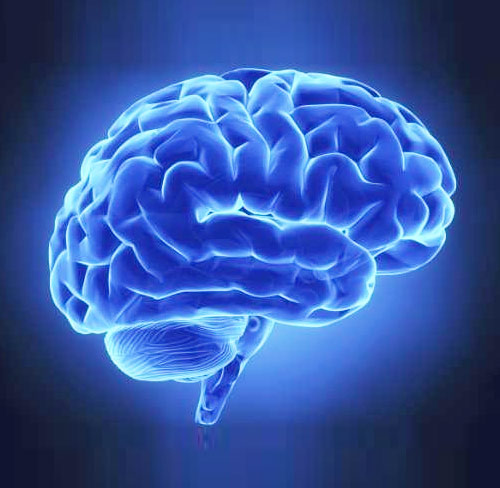Neurological Symptoms That Should Never Be Ignored

Organs should be in proper health to carry out their essential functions. Symptoms occur when something abnormal happens with the physiological functioning of the body. Some of the symptoms are mild and the diseases associated with these symptoms may go away without any treatment as seen in flu. Such diseases do not have a long-term impact on the overall health of the body. However, certain underlying diseases are serious and may have prolonged or permanent effects. The symptoms developed due to neurological diseases should never be ignored and the best neurologist in Gurgaon should be consulted.
Ignoring these symptoms, especially when related to the nervous system, may have a far-reaching impact on the overall health and may lead to irreparable damage. Most of the neurological diseases are progressive and immediate medical interventions are essential to control their impact on the brain and other organs due to control of the brain on other organs.
Following are some of the neurological symptoms which should never be ignored and requires immediate consultation with neurologist or neurosurgeon:
Numbness: Numbnessis characterized by the partial or complete absence of sensation.The condition may be caused due to poor blood supply into the brain that may lead to stroke. The condition may also be caused due to the pressure on nerves as seen in Carpel Tunnel syndrome, pressure on the spinal cord due to serious underlying medical conditions including tumor or abscess near the spinal cord or pressure on the nerve roots which is caused due to disc herniation or spinal stenosis. The patient should immediately consult with a neurologist to prevent further damage.
Change in vision: Vision is controlled by the occipital lobe of the brain. Any damage to this part may lead to blurred vision or complete loss of vision. Change in vision is also an important consideration for identifying a neurological problem because almost one-third of the brain takes part in the vision. Various neurological diseases related to change in vision include optic neuritis, Primary glaucomatous optic nerve disease, Parkinson’s disease, Alzheimer’s disease, and ischemic optic neuropathy. These diseases, in most cases, are progressive and should require immediate management.
Pain: Pain is controlled through the nervous system and is one of the primary symptoms of various diseases including neurological disorders. The pain may be caused due to neuro inflammation, degenerative diseases, tumor or traumatic injury. Pain symptoms occur in neurological conditions such as Huntington’s disease, Alzheimer’s disease, Spinal cord injury, and diabetic neuropathy. Headache, especially the chronic headache, should never be ignored and should be consulted with a neurologist.
Insomnia or difficulty sleeping: Difficulty in sleeping has an underlying medical reason, which may serious or non-serious. If the person suddenly experiences sleeping difficulty, he should consult with the neurologist. Some serious conditions such as CNS lesions, delirium tremens, fatal familial insomnia, and Morven’s chorea alters the sleep mechanism leading to poor sleep patterns. Other diseases that cause insomnia include Parkinson’s disease, restless leg syndrome, anxiety and depression.
Reduced Memory: Difficulties with memory generally progresses as the person gets older. However, apart from this natural cycle, certain diseases cause reduced memory at an early stage of life. The memory is reduced due to the inability of the brain of the patient to process the information. As the information is not processed aptly, the person does not remember anything. Poor memory may be the sign of Alzheimer’s disease, Creutzfeldt-Jakob disease, chronic traumatic encephalopathy, and Huntington’s Disease. If the person has sudden downward alteration in memory such as a problem in remembering bill payments, the process of preparing a meal or frequently forgetting the scheduled appointment, he should consult with the neurologist.
Speech problems: Speech problems are generally linked with poor throat health such as infection. However, many-a-times, slurred speech is related to a problem in the nervous system including the brain and spinal cord. The speech problem is medically known as dysarthria in which the speech of the patient is not properly understood. The underlying medical condition which may be responsible for dysarthria includes Cerebral palsy, brain injury, Brain Tumor, Stroke, Parkinson’s disease, Amyotrophic lateral sclerosis, Huntington’s disease, head injury or trauma, and Guillain-Barre syndrome. Any sudden alteration in speech experienced by the patient should be consulted with a neurologist.
A weakness of extremities: Weakness or numbness of the arms or legs is generally caused due to sleeping uncomfortably or sitting for a long time awkwardly. These conditions may get normalized in a few minutes or hours. However, if the condition takes significantly more time than expected, it may be due to underlying medical conditions such as multiple sclerosis, Myasthenia gravis, slipped disc, stroke, peripheral neuropathy, pressure on nerves, and Parkinson’s disease.
